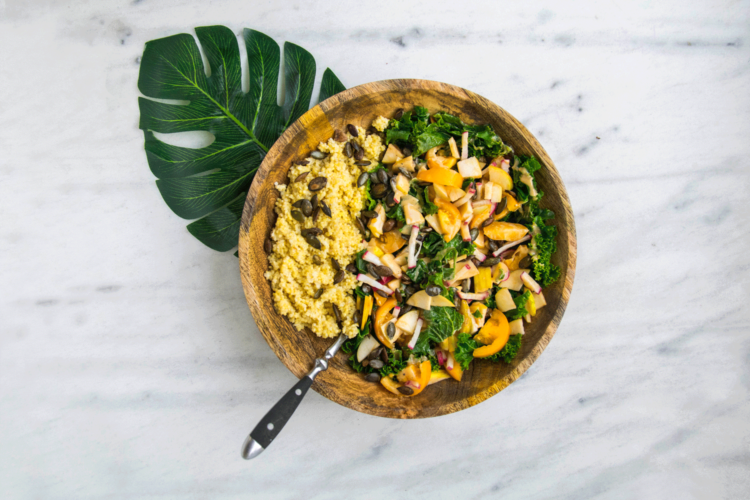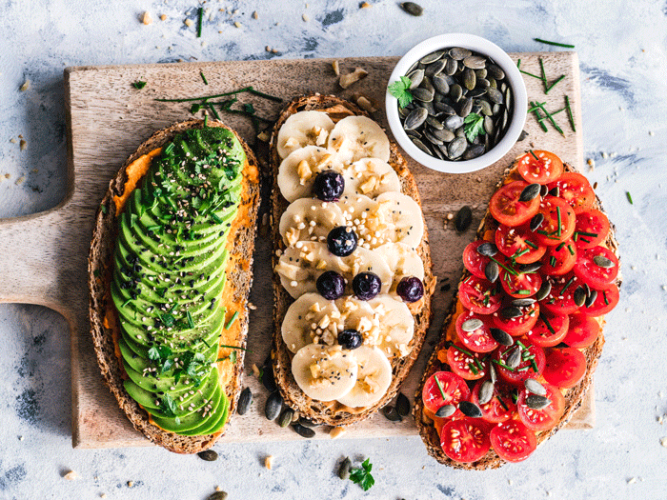
No, you don’t have to go fully vegan or vegetarian to help the planet. But reducing your meat and animal products consumption will do wonders for our greenhouse gas emissions and your carbon footprint!
Before we tuck into today’s blog post, let’s look at some of the statistics. Animal agriculture is responsible for 18 per cent of greenhouse gas emissions. To put that into perspective, a collective combination of the cars, planes, trains and automobiles on the road today account for 12 per cent of greenhouse gas emissions. Crazy right? Agreed.
In the next twenty years, our energy-related emissions are expected to increase by over twenty per cent by 2040. If we don’t get on top of this, global warming is going to be the biggest problem on our hands!
So with this in mind, today’s post is tailored around reducing your meat consumption to reduce your carbon footprint and greenhouse gas emissions that go into creating every hamburger, hot dog and turkey dinner.
Hello Meatless Monday!
Not every meal needs to be free from animal products, but the more the merrier. Did you know that one pound of beef requires 2500 litres of water to produce. By subbing your families beef burgers for a black bean burger, you have made a momentous shift towards a healthier and cleaner planet, by that one choice alone! The simple act of going meat-free one day a week can make a huge difference for the planet (and your digestion!). Get creative in the kitchen and check our blog for vegan and vegetarian alternatives to your family favourite dishes and go-to meals so you can whip them up in a pinch!

Reduce Your Portion Sizes and Buy Local
Still not ready to give up a little meat? Try cutting your portion size in half. Skip the FOMO, and still eat your favourite proteins, while knowing you have cut your greenhouse gas emissions by half and saved thousands of liters of water in the process! Free-range, organic and local meats are more available than ever to consumers in today’s market. Instead of purchasing a high quantity of animal proteins and byproducts, try purchasing quality cuts of meat. Local farmers eliminate the emissions that are created when transporting their products across the world.
Construct Your Meals Around Vegetables
Shift your focus from obtaining your protein from animal-based sources to vegetables. Dark leafy green vegetables such as kale, spinach, swiss chard broccoli and brussel sprouts all over a potent source of plant-based protein and can easily be paired with a nut, seed, grain or legume to be a complete protein.

Befriend Grains, Legumes & Beans
Beans and grains will be your new favourite go-to protein sources when you’re hungry and need a satiating meal. Black beans, chickpeas, lentils, kidney beans, quinoa and split peas are fantastic sources of vegetarian protein. Packed with fibre, potassium and magnesium, essential minerals, they are needed for your body to run optimally!
Start simply, by adding a scoop of quinoa to your salad instead of a handful of chicken and try replacing the ground turkey for beans in your next batch of chili!
There you have it! Simple, actionable steps that you can put to use today to reduce your meat consumption without sacrificing the flavour or heartiness of any of your meals!
About the author

Most days you will find Lindsay Mustard tucked away in the corner of a cozy coffee shop filled with twinkle lights typing away on a laptop or with her head in an anatomy textbook. Known for her green smoothie addictions and for eating salads big enough to feed a family of four, this Holistic Nutritionist loves serving the world by teaching others how they can optimize their health and well-being using whole foods, yoga and essential oils.
